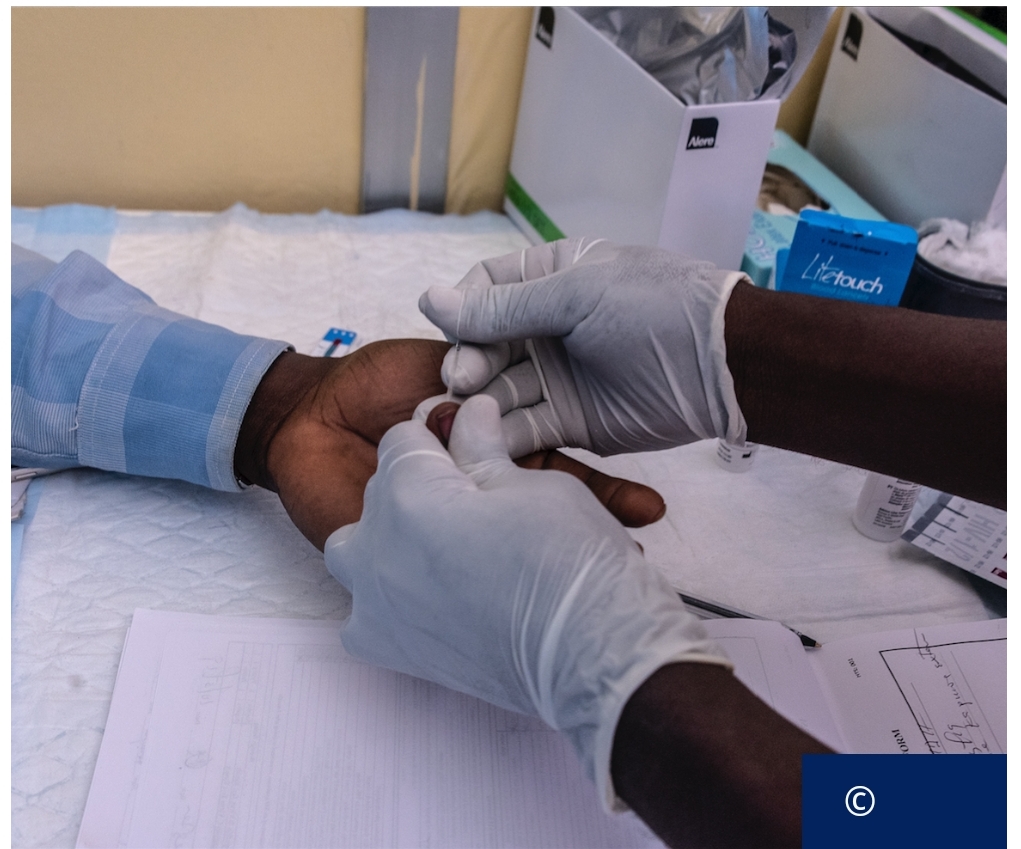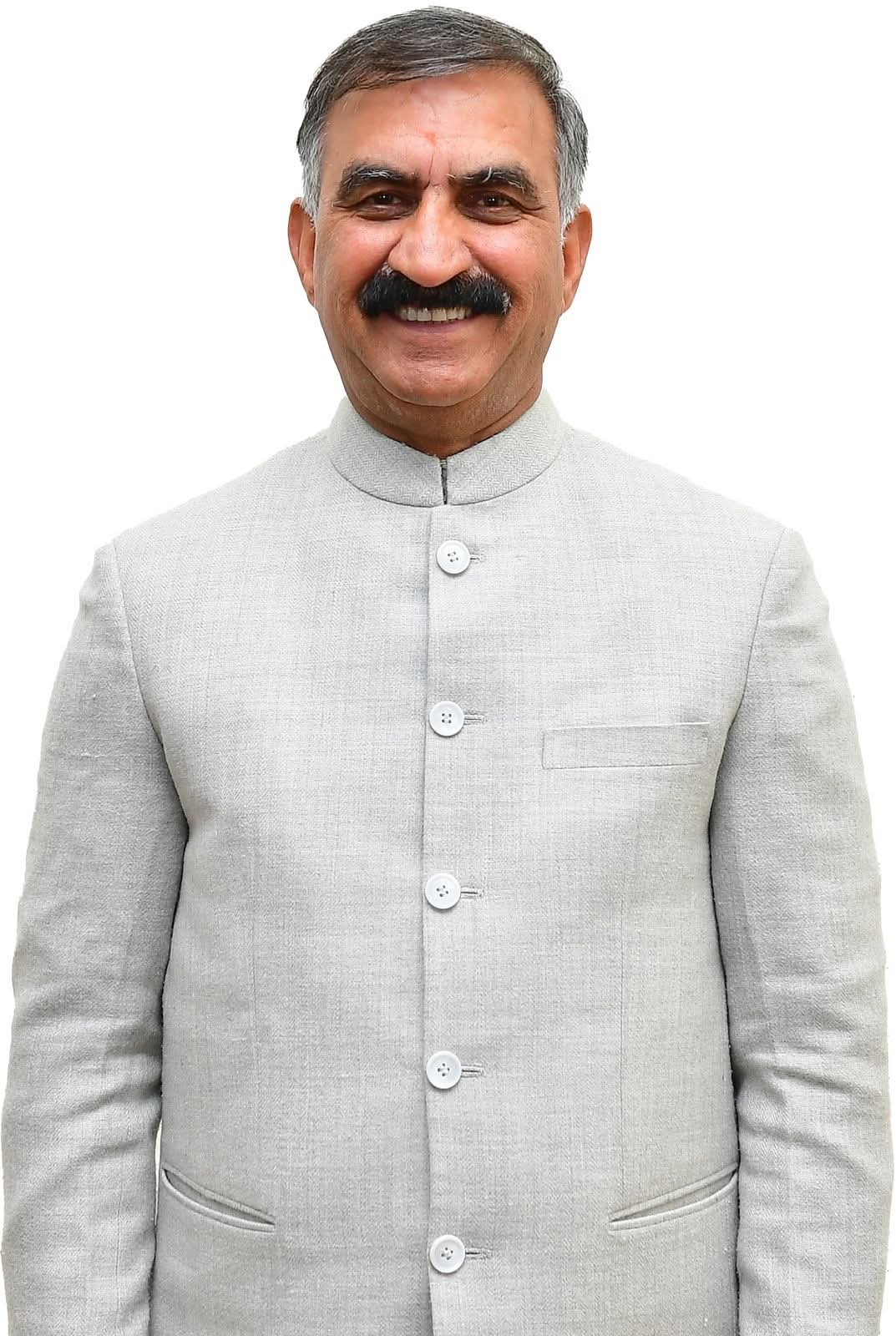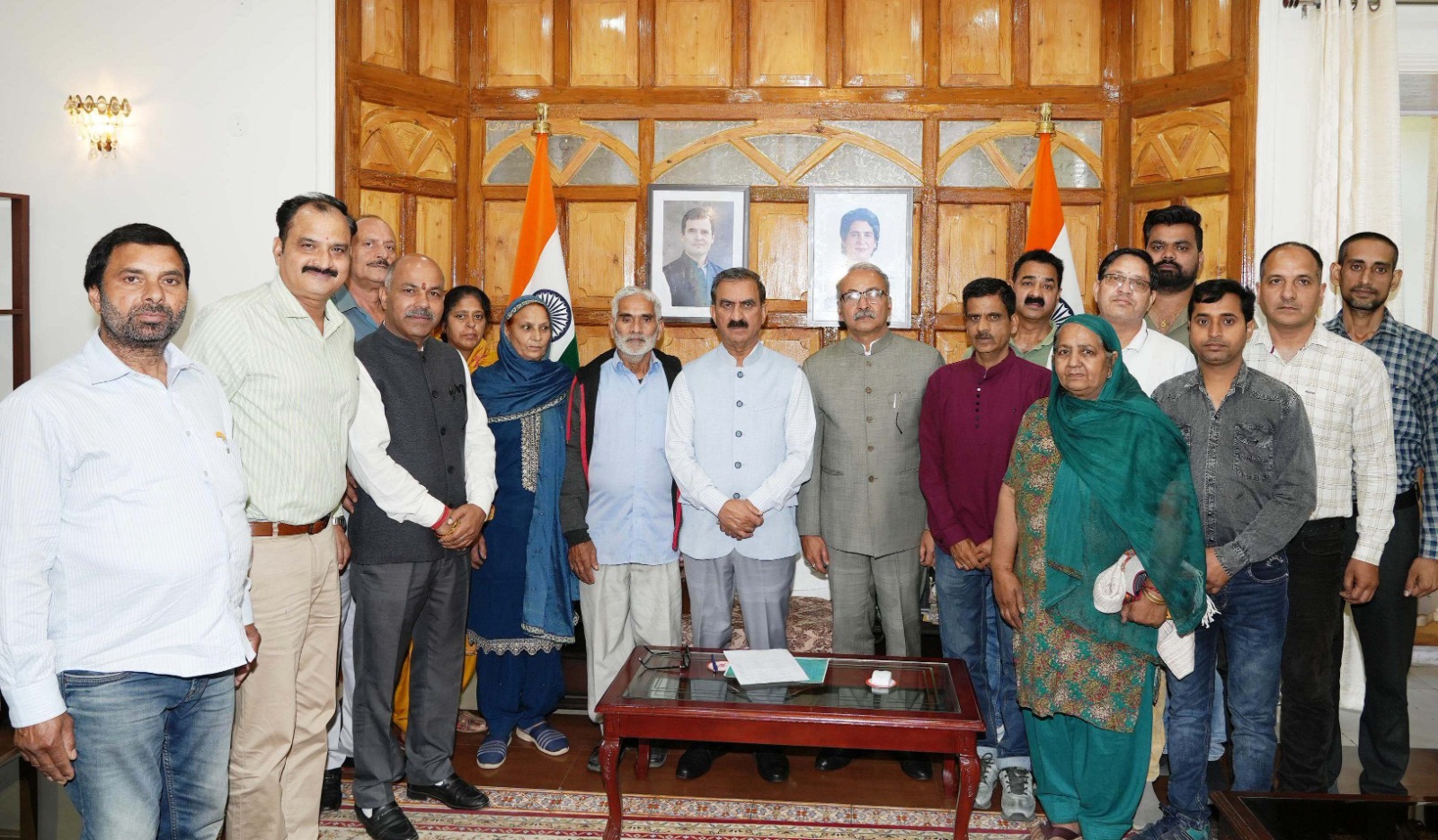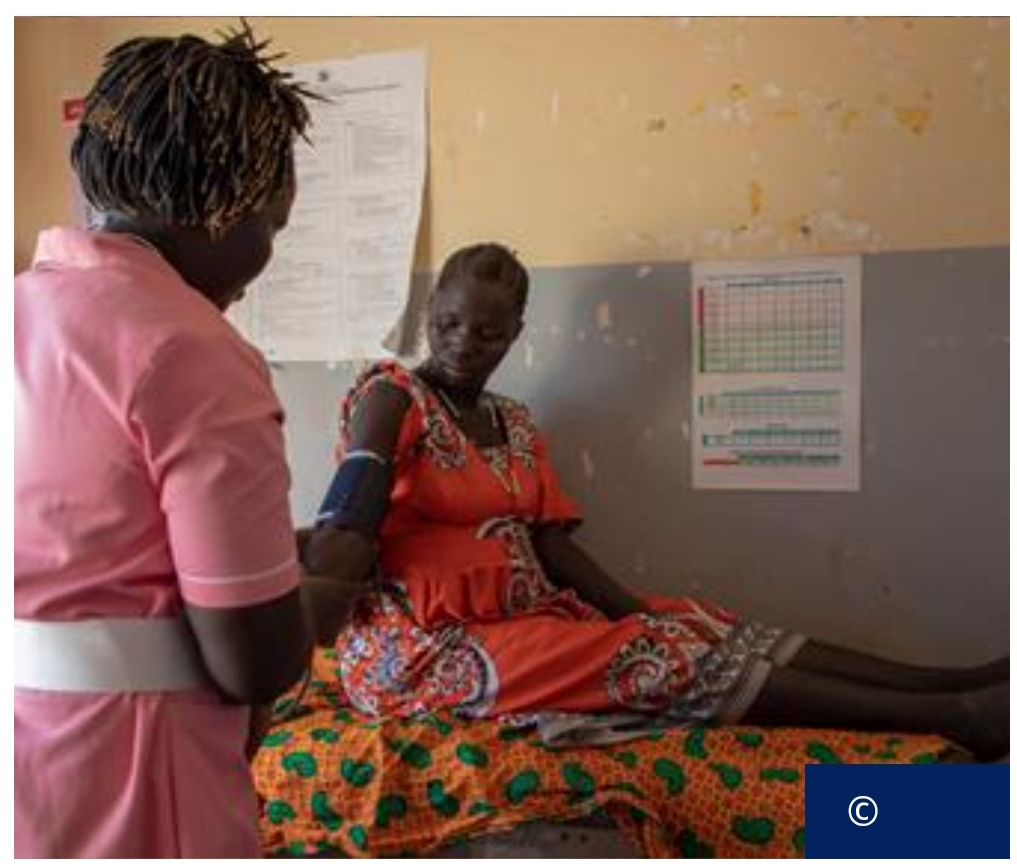WHO and MPP Partner with Nigerian Firm Codix Bio to Boost Local Production of Rapid Diagnostic Tests in Africa.
Geneva/Abuja:
In a groundbreaking move to strengthen Africa’s health systems and diagnostic self-reliance, the World Health Organization (WHO) and the Medicines Patent Pool (MPP) have announced a new sublicensing agreement with Nigerian health technology company Codix Bio. The agreement will enable Codix Bio to begin development and manufacturing of rapid diagnostic tests (RDTs) using technology from leading global in-vitro diagnostics firm SD Biosensor (SDB), transferred through a WHO-supported initiative.
The deal is a milestone under the Health Technology Access Programme (HTAP), the evolved version of WHO’s COVID-19 Technology Access Pool (C-TAP). It represents a shift towards equitable health technology access and builds capacity for local innovation and manufacturing in low- and middle-income countries (LMICs).
Codix Bio will be the first LMIC-based manufacturer to receive this sublicensing agreement. The company will initially focus on producing RDTs for HIV, with future applications including tests for malaria, syphilis, and other infectious diseases. The technology’s flexibility allows for quick adaptation in the event of health emergencies or pandemics—an essential feature for building resilient and responsive healthcare systems.
“These tests are highly sensitive, easy to use, and provide results in under 20 minutes, making them ideal for resource-limited settings,” WHO officials noted. Importantly, these RDTs can be used in primary health care facilities without requiring advanced laboratory infrastructure.
A Step Toward Regional Health Sovereignty
“This sublicensing marks a major milestone in strengthening manufacturing capabilities in regions where they are needed most,” said Dr Yukiko Nakatani, WHO Assistant Director-General for Access to Medicines and Health Products. “It advances our shared goal of equitable access to diagnostics, a cornerstone of universal health coverage and pandemic preparedness.”
Charles Gore, Executive Director of MPP, highlighted the broader implications: “This agreement demonstrates the power of voluntary licensing and coordinated technology transfer to empower manufacturers in LMICs. It sets a precedent for more equitable and resilient global supply chains.”
For Codix Bio, the agreement is both a technical leap and a moment of national pride. “This landmark agreement is a defining moment in our journey of health-tech innovation and a breakthrough for local healthcare manufacturing in Africa,” said Sammy Ogunjimi, Group Managing Director and CEO of Codix Group. “We are committed to producing high-quality, rapid diagnostic tests that can transform access to timely diagnosis across Nigeria and the continent.”
A Collaborative Model for Sustainable Health Innovation
The sublicensing arrangement stems from a non-exclusive, transparent license signed in December 2023 between SD Biosensor and MPP, under the C-TAP initiative. With the launch of HTAP, WHO aims to reduce the health technology access gap by supporting local producers with technical knowledge, training, and regulatory support.
“This initiative not only helps Codix Bio respond to health priorities in Nigeria and the region—it also demonstrates a collaborative model for building sustainable and self-reliant local manufacturing capacity,” said Hyo-Keun Lee, Vice Chairman of SD Biosensor.
The HTAP program will coordinate support for Codix Bio across areas such as workforce development, compliance with international regulatory standards, and market access. WHO and MPP are also evaluating additional manufacturers for future sublicensing, signaling broader ambitions to decentralize diagnostics manufacturing globally.
Strengthening Africa’s Diagnostic Independence
The COVID-19 pandemic underscored LMICs’ overdependence on imported health products, exposing vulnerabilities in global supply chains. Africa, in particular, faced critical shortages and delays in accessing diagnostics and other essential tools. As a result, regional institutions like the Africa Centres for Disease Control and Prevention (Africa CDC), the Global Fund, and Unitaid have been pushing for increased investment in local health manufacturing.
“Africa CDC welcomes this partnership as a concrete example of what regional health security can look like,” said Dr Abebe Bayih, lead of the Platform for Harmonized African Health Manufacturing (PHAH). “Building diagnostic manufacturing capacity within the continent improves pandemic response and strengthens African health sovereignty.”
With this agreement, WHO, MPP, and Codix Bio are charting a new course for diagnostics manufacturing—one that places power in the hands of local innovators and producers, ensuring that the next pandemic finds Africa more prepared, more resilient, and more self-reliant.




